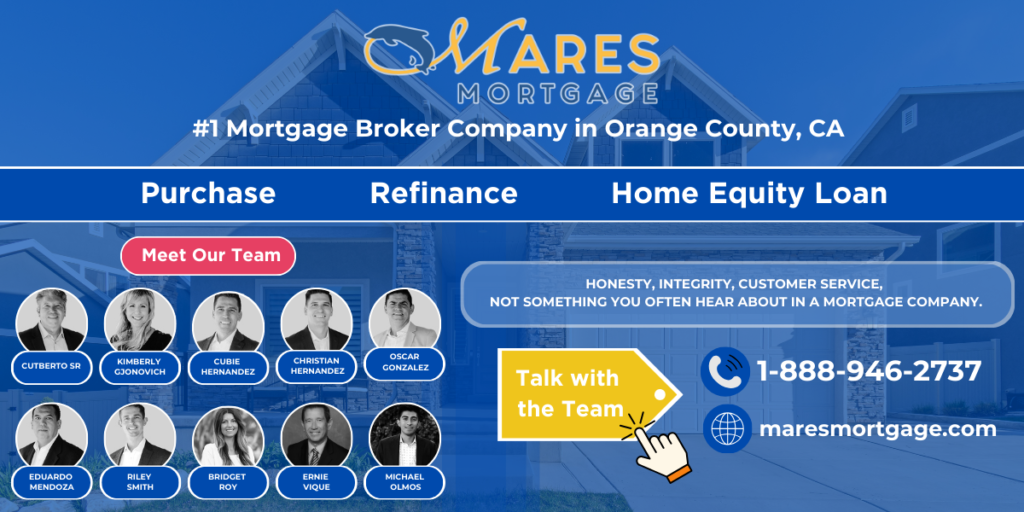Learn everything you need to know about 1031 exchanges and selling a home in under two minutes with expert Cubie Hernandez! Or keep reading for an in-depth discussion about the pros and cons of 1031 exchanges.
A 1031 tax-deferred exchange can help bring success to your real estate investing plans by scaling your portfolio and maximizing different benefits.
However, understanding how these exchanges work and knowing their pros and cons is necessary before making a decision — we’re here to help you make the best financial decision for your situation.
What Is a 1031 Exchange?
If you sell an investment property instead of agreeing to a 1031 exchange, you’ll have to pay capital gain taxes when you make the sale. This amount depends on your income, but federal capital gains tax could take between 15 and 20%.
In addition, depending on your location, you may also have to pay state capital gains taxes or have your gains taxed as income.
On the other hand, if you execute a 1031 exchange, you can defer those capital gains taxes by taking the money from the sale and reinvesting them into one or more properties of equal or greater value.
You can do as many 1031 exchanges as you want; however, you have to hold the properties you buy for a minimum time as determined by the IRS (typically two years).
Selling your property and interested in performing a 1031 exchange? Give us a call at 949-489-8300, and we can answer all of your questions.
Pros and Cons of 1031 Exchange
Generally, doing a 1031 exchange is ideal when you’re in a high tax bracket and want to keep investing in and expanding your real estate portfolio.
If you’re in a low tax bracket and expect to make more money in the future, it might be best to hold off on a 1031 exchange and pay taxes at that lower rate.
1031 Exchange Benefits
Other than avoiding paying capital gains taxes right now, 1031 exchanges come with some significant benefits.
- Reset Your Depreciation
If you own a real estate asset, you can write off depreciation, gaining compensation for wear and tear. The value of the building and your taxable income affect how much you can write off each year.
However, assessors don’t usually get information about improvements you make to the property unless it gets reassessed — like in the event of a sale. So, even if you make significant property improvements, you’ll likely only get compensation for depreciation based on its value when you made the purchase.
But, if you execute a 1031 exchange, you basically get to reset the depreciable amount each year, bringing significant tax benefits. We recommend asking your accountant to explain how this process would work in your specific situation.
- Gain Greater Exit Flexibility
Another 1031 exchange benefit is flexibility. You can trade up for one or more properties that are a better fit for your investment goals — like bringing higher returns — without paying taxes on that new investment immediately.
1031 exchanges can make investing in higher-value properties much more accessible.
- Get Exposure to New Markets
Diversifying your risk is one of the biggest reasons people turn to real estate investing, and 1031 exchanges help you capitalize on that advantage.
You can perform a 1031 exchange anywhere in the US, making it simple to get into a market with high potential growth, even if it’s across your state line. However, don’t forget that some states make you pay capital gains taxes, and some do not.
- Diversify Your Portfolio
Real estate assets are the only investment that allows you to defer capital gains taxes, thanks to 1031 exchanges. The properties must be in the US, cannot be your primary residence, and must be “like-kind,” meaning they are of a similar nature to the property you’re exchanging.
One massive benefit of 1031 exchanges is the ability to generate more returns and invest in/diversify your real estate portfolio.
For example, if you own an investment property in an area with a highly appreciated market, you could exchange it for multiple properties in a more affordable state, resulting in better cash flow due to less market volatility.
You can also exchange properties based on how involved you want to be, like swapping a high-maintenance property with lots of turnovers for a single-family rental with long-term leases.
- Trade Up for Better Properties
Remember when we said there’s no limit to how many 1031 exchanges you can do? This means you can start with a more affordable investment and trade up properties multiple times.
With a 1031 exchange, you can swap properties for ones that better match your investment goals, bringing you higher returns. Higher-value properties become much more accessible when you take advantage of 1031 exchanges.
Ready to take advantage of reinvesting in a property with higher growth potential? We can help. Whether you want to apply for a new loan right now or have questions about 1031 exchanges, reach out to us at 949-489-8300.
What Are the Disadvantages of a 1031 Exchange?
While there are plenty of benefits of a 1031 exchange, there are some cons to consider.
- Paying Taxes On “The Boot”
If you do a 1031 exchange for a property less worth than the one you’re selling, you’ll have to pay accumulated depreciation and capital gains taxes on the boot — any money left over from your sale that didn’t go toward purchasing the new property.
- Making Quick Decisions
The most common timeline for a 1031 exchange is 45/180 days; after the sale, you have 45 days to identify the new property (or properties) you plan to purchase as part of the exchange.
Then, you’ll have 180 days from your sale date to close on the replacement property. 1031 exchanges require you to make fast decisions and work quickly.
- Finding Like-Kind Properties
The properties part of the 1031 exchange must be like-kind — they must have the same characteristics or nature. However, they do not have to be of the same grade or quality.
The difficulty lies in finding a like-kind property that matches your goals within 45 days of selling your property. If you don’t, you’re on the hook for paying capital gains taxes when selling your real estate asset.
So, for many real estate transactions, going through a 1031 exchange brings many benefits, but you should also be aware of the potential disadvantages before making a decision.










